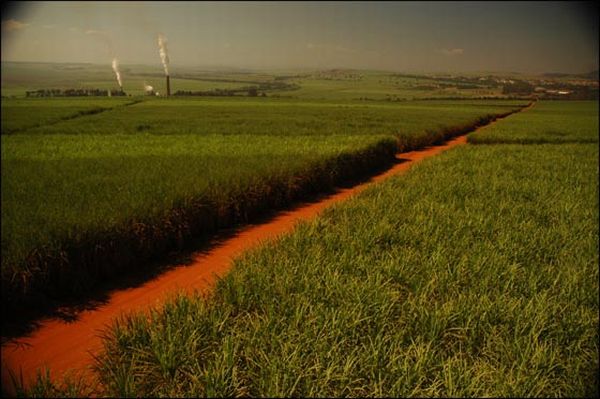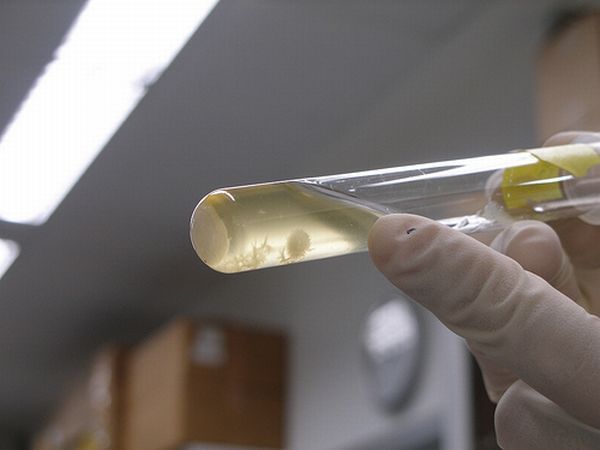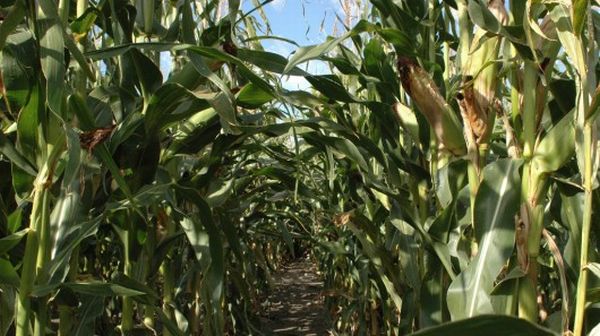
As we know it:
A startling estimation by the Oil & Gas Journal reveals that our fossil fuel sources are fast depleting at a serious rate. Where coal and natural gas will last 148 and 61 years respectively, oil will last 43 years only! Now coming back to the present day scenario with the recent brouhaha about oil price hikes and the technological advances made in the field of renewable energy, we are looking forth to adapt fuels from alternative sources. Moreover, the most important among them are the biofuels, which are in some way derived from biomass. Recent studies have shown that usage of biofuels can reduce the overall effect of carbon emission and significantly lower oil prices. They (biofuels) provided around 1.8 percent of the world’s transport fuel in 2008, with an investment exceeding $4 billion worldwide.
Need for change:
Conscientious commercialization of biofuels can provide us an opportunity to enhance sustainable economic prospects in places like Africa, Latin America and Asia. However, certain issues with biofuels, like food production, deforestation, soil erosion, loss of biodiversity and its effect on water resources, can severely affect the current state of affairs. As some skeptics consider that diverting farmland or crops for biofuels production can be detrimental to the food supply on a global scale, the rise in food prices is imminent. Hence, there could be critical disparity in food distribution and, in effect, that would raise the food prices.
What’s Next?
1. New bacteria strain helps biofuel production from cellulosic biomass:

What’s New?
A research team at the University of Wisconsin has developed a strain of bacteria which could help in cost effective extraction of energy from cellulosic biomass. The breakthrough lies in the fact that now there can be a much simpler way to breakdown plant cell-walls to extract sugar molecules from cellulosic biomass, such as trees, brush and certain grasses.
What difference will it make?
This particular research can be important especially in relation to its usage of non-food trees such as poplar, which can be grown on marginal lands with less water and even less pesticide and herbicide usage. Hence, sustainable energy can be obtained without causing any dire effect on the overall volume of food production.
2. U.S. researchers utilize microbes for bio-fuel production:

What’s New?
In a nigh revolutionary move, a team of U.S researchers at the University of California, Los Angeles, has propitiously made use of microbes to produce bio-fuel at a much cheaper rate. The pertinent discovery involves consumption of protein by certain species of microbes and, in the process, biologically transforms this protein into fat and other substances, which can then be refined into the resultant bio-fuel.
What difference will it make?
The researchers point out that this enterprising project is different from the current conventional bio-fuel production programs, as this is the first instance where protein was used as a carbon source for renewable energy production. Moreover, this meticulous project will herald the development of a new type of fertilizer that would use less nitrogen, substantially nullifying the adverse effects of greenhouse emissions countered in traditional fertilizer plants.
3. Researchers succeed in synthesizing isobutanol from plant cellulose:

What’s New?
U.S. Department of Energy’s BioEnergy Science Center (BESC) researchers have achieved an all important solution to meet our future fuel demands. They have succeeded in generating isobutanol directly from the cellulosic plant matter using bacteria. Being a higher grade alcohol, isobutanol has almost a similar heat value as petrol, and, hence, it can be used as petrol’s replacement for combustion in vehicular engines.
What difference will it make?
Such a process of acquiring bio-fuel from biomass generally involves various intermittent and complex steps and so the project could become costly in the long run. But the researchers at BESC have conveniently managed to achieve a single-step process by developing a strain of Clostridium cellulolyticum, a native cellulose-degrading microbe that could produce isobutanol directly from cellulose matter.
4. Navy tests aviation biofuels in fighter jets:

What’s New?
The U.S. Navy has decided to utilize an indigenous green method of creating aviation bio-fuel for its fighter planes. Various components like Jatropha, Camelina, and algae can be mixed in a range of fifty percent with the petroleum based fuel for the optimum quality of the bio-fuel.
What difference will it make?
Military has always been one of the major institutes that can put a huge dent on a nation’s economy, especially in terms of their energy requirement. But with the advancements made in sustainable biofuel production, the high cost and usage of fossil fuels can somewhat be reduced.




